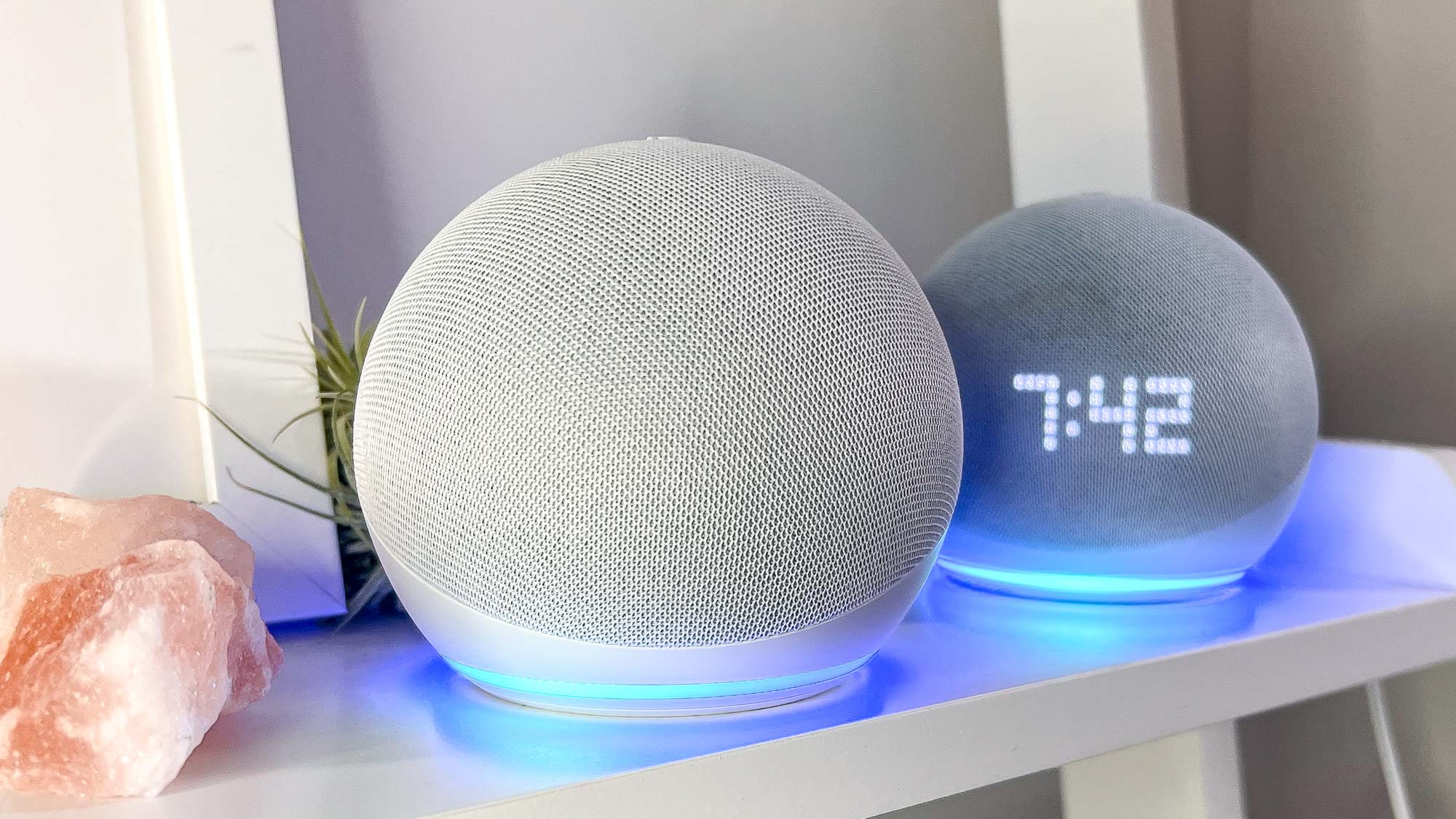Amazon is losing billions of dollars on Alexa and Echo. Here’s 3 ways it can turn things around.
How to fix Amazon's smart speaker business

Last week, a Wall Street Journal article detailed how Amazon is losing billions on its line of Alexa-powered smart speakers, because it sold the devices at a loss, but never recouped the money because all of those Echos are being used as glorified egg timers.
Amazon vastly overestimated the Downstream Impact (DSI) of Alexa. The company anticipated that consumers would use Alexa to order products and services through the smart speakers, which would make up the difference between the cost of Echo speakers and the price at which they were sold.
As a result, Amazon has severely cut back its Amazon devices division, laying off several thousand employees and killing off a number of products, such as the Halo fitness band and Amazon Glow.
But the losses have continued. Having used Echo devices and related products since Alexa was first introduced, I have three thoughts on how Amazon could turn around its business.
Stop selling Echos at a loss
There are currently more than 500 million Alexa devices in the world, so Amazon has definitely achieved its aim of saturating the market. You’re far more likely to see an Echo or an Echo Dot than you are a Google Nest Mini, as Google hasn’t been as bullish as Amazon at releasing new smart speakers each year.
Now that Amazon devices are so pervasive, there’s less of a need to mark them down so aggressively to saturate the market, especially when your main rival is so far behind. However, it still makes sense to bundle them with products from Amazon that are profitable - like Ring video doorbells.
And, like Ring devices, Amazon should make some features of future Echo speakers available only via a subscription. Consumers will hate it, but if the fee is nominal enough, they’ll probably pay for it.
Get instant access to breaking news, the hottest reviews, great deals and helpful tips.
The nuclear option, as Avi Greengart explained on Techsponential, “is that Amazon could insert ads into every interaction, weather the inevitable consumer backlash, and see how many people keep their Echos plugged in anyway.”
Incentivize ordering by voice
Amazon’s hope when it launched the Echo was that people would use its smart speakers to order more products by voice, which would help justify the lower price of the devices themselves. However, it’s just not proved a very popular method.
But, instead of reducing the price of the speakers, Amazon should instead reduce the price of what you buy via voice. It would still be losing money, but it would at least get consumers into the habit of ordering products with Alexa, rather than through the Amazon app.
If I could order toilet paper and batteries cheaper through Alexa, then I might be inclined to see what else I could get at a discount. And chances are, the discounts that Amazon offers here could be less costly than selling Echo devices at a loss.
Make Alexa smarter - for shopping
This one is already in the works, as Amazon previewed Alexa Enhanced last fall. Not to besmirch all the work that people have done on it and other smart assistants, but the advent of OpenAI ChatGPT and other artificial intelligence has shown Alexa to be pretty dumb. I can’t think of a single suggestion it’s given me — outside a random Dad joke — that I’ve wanted to hear. It’s why I, like many others, only use it to set timers, turn on my smart lights, and play music.
When I saw a preview of the new Alexa, it indeed seemed a lot smarter and more natural. However, people have become so accustomed to using Alexa and other smart assistants for such limited purposes that you have to get them adjusted to a new habit, and making them pay for Alexa Enhanced isn’t going to cut it. You have to give them a reason.
If Alexa were to say to me “by the way, those paper towels you always buy are currently 20% off - would you like to order some?” then I would be a lot more likely to ask it to order something for me.
Until then, I’ll probably just continue to use Alexa to let me know when my hard-boiled eggs are ready.
More from Tom's Guide

Michael A. Prospero is the U.S. Editor-in-Chief for Tom’s Guide. He oversees all evergreen content and oversees the Homes, Smart Home, and Fitness/Wearables categories for the site. In his spare time, he also tests out the latest drones, electric scooters, and smart home gadgets, such as video doorbells. Before his tenure at Tom's Guide, he was the Reviews Editor for Laptop Magazine, a reporter at Fast Company, the Times of Trenton, and, many eons back, an intern at George magazine. He received his undergraduate degree from Boston College, where he worked on the campus newspaper The Heights, and then attended the Columbia University school of Journalism. When he’s not testing out the latest running watch, electric scooter, or skiing or training for a marathon, he’s probably using the latest sous vide machine, smoker, or pizza oven, to the delight — or chagrin — of his family.
